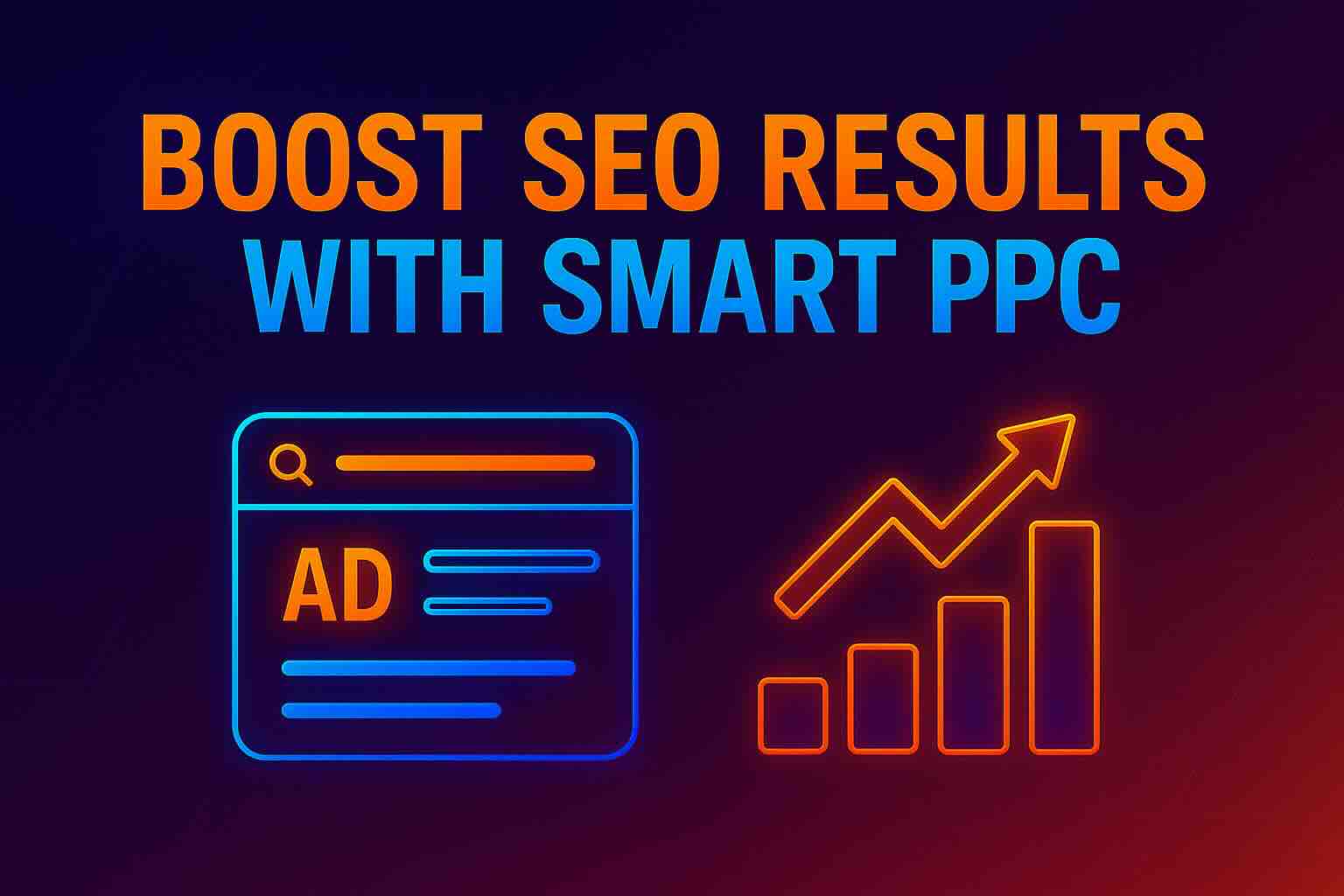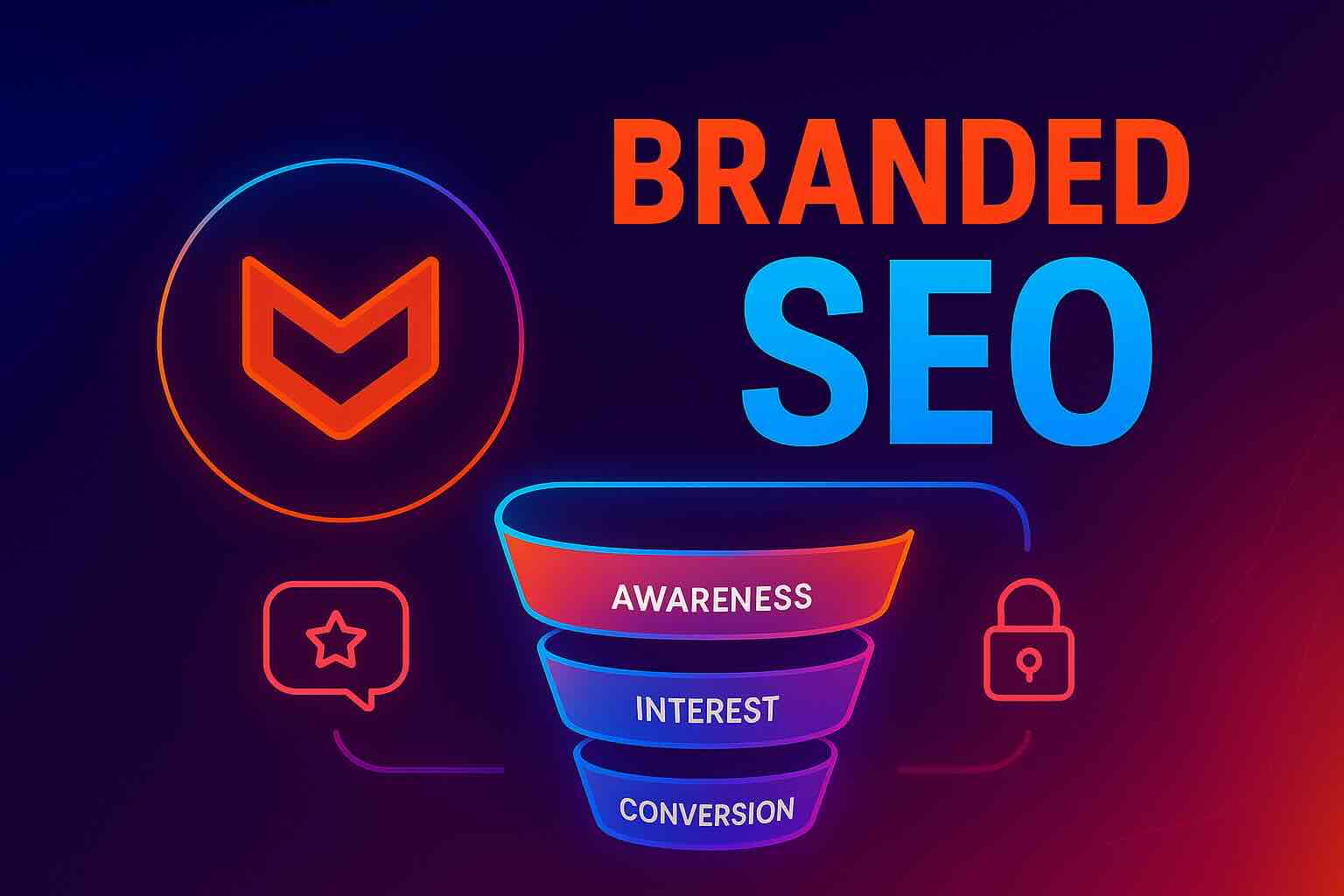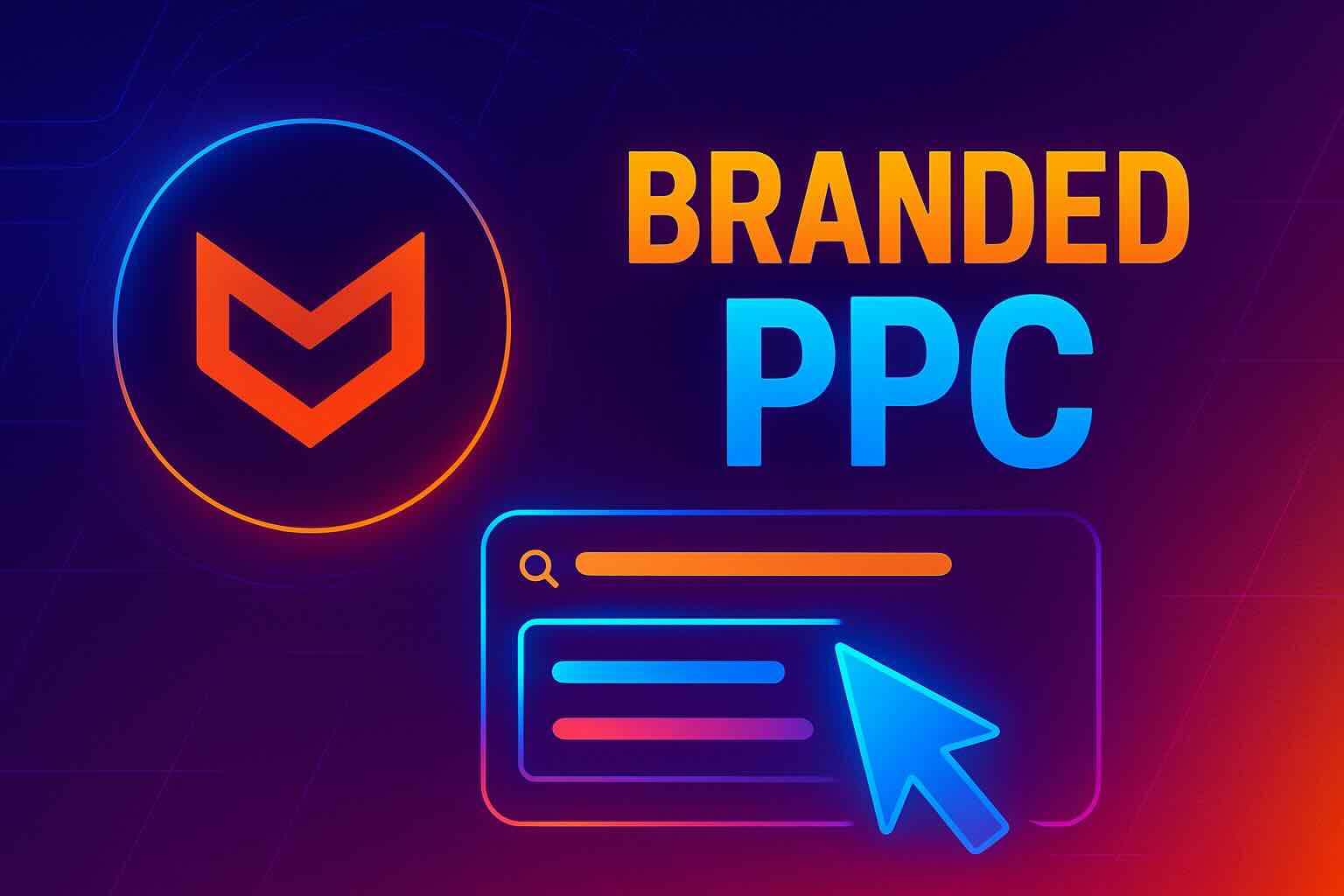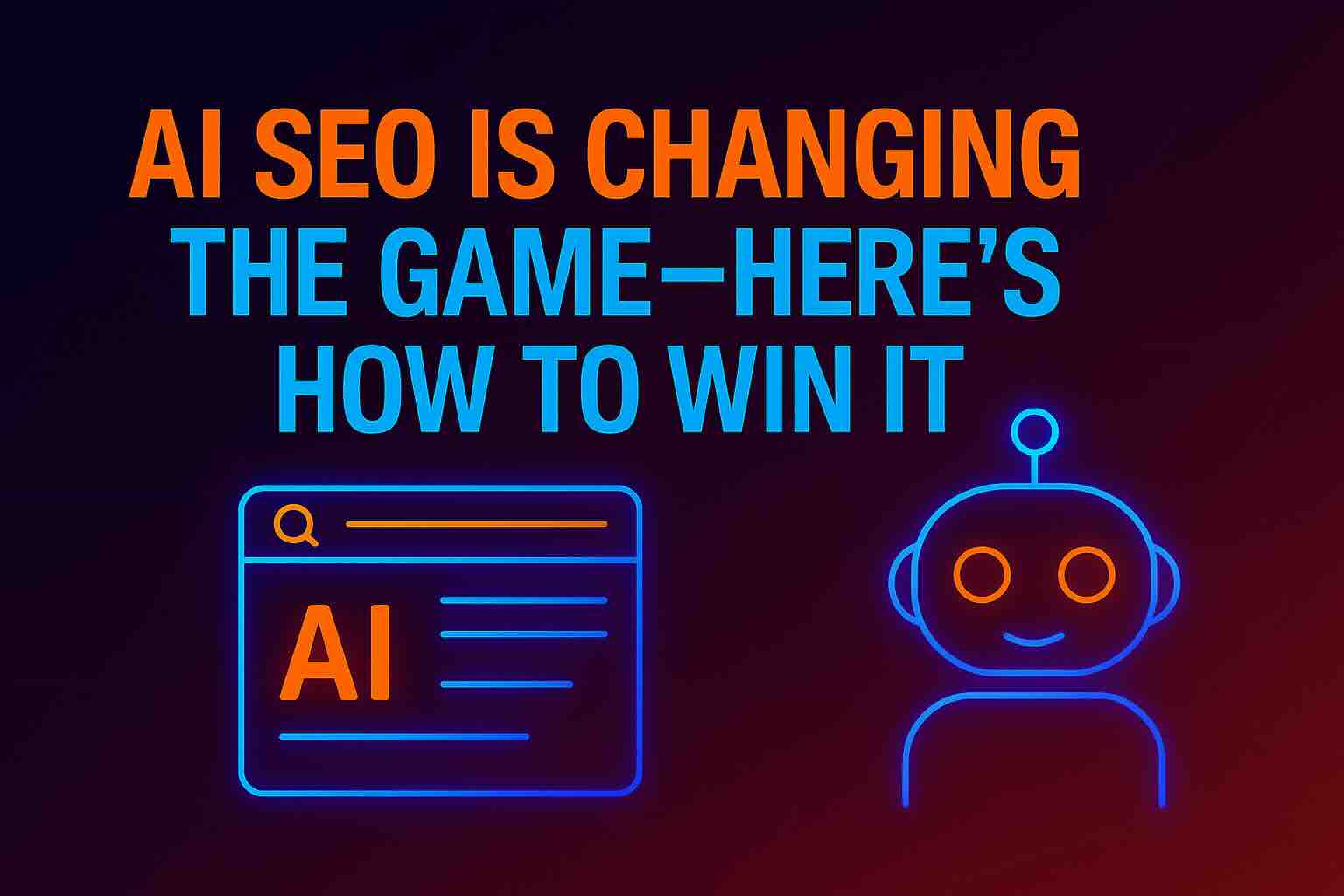How Smart PPC Strategies Can Supercharge Your SEO Performance
In This Article
- Introduction: The False Wall Between PPC and SEO
- Use PPC Ad Copy to Optimize SEO Meta Titles & Descriptions
- Leverage PPC Keyword Data to Guide SEO Content Strategy
- Discover Content Gaps and Quick Wins with PPC Data
- Test User Intent and Landing Pages with PPC
- Align on Technical SEO Improvements with PPC Metrics
- Use PPC to Amplify and Validate SEO Content
- Retarget Organic Visitors with PPC to Boost Conversion
- Bid on Key SEO Terms to Dominate the SERP
- Use PPC Audience Insights to Refine SEO Targeting
- Mine PPC Competitor Intel to Sharpen SEO Positioning
- Conclusion

Introduction: The False Wall Between PPC and SEO
Too many marketers treat PPC and SEO as two separate channels. They have different budgets, different teams, and different goals. But if you’re not using your paid search data to drive your organic strategy, you’re leaving money and rankings on the table.
Think of PPC as a real-time lab. It gives you fast, measurable signals about what users want, what they click, and what converts. SEO, meanwhile, is your long game. It’s slow, but once you win rankings, they pay dividends. When you align the two, you get compounding returns. Here’s how to do it.
1. Use PPC Ad Copy to Optimize SEO Meta Titles & Descriptions
Every PPC ad is a headline experiment. By testing ad copy, you discover what drives clicks. Then, apply that same winning language to your SEO meta titles and descriptions to lift your organic click-through rate (CTR).
Example: Seer Interactive boosted organic CTR by 65% just by rewriting meta descriptions based on high-performing ad copy.
Pro tip: Export your best ad variations from Google Ads and run them against your top SEO pages to find optimization opportunities.
2. Leverage PPC Keyword Data to Guide SEO Content Strategy
Want to know which keywords actually convert? Your PPC campaign already knows.
Analyze search term reports to find high-intent, long-tail keywords that are driving revenue in your paid campaigns. These are the keywords you should be targeting in your organic content. You’ll also uncover low-quality terms to avoid.
This alignment means your SEO is focused on what works—not what you hope might work.
3. Discover Content Gaps and Quick Wins with PPC Data
PPC uncovers what your SEO is missing. Look for keywords that convert in paid search but have no corresponding organic content.
Also look for “striking distance” opportunities: keywords where you’re already ranking on page 2 or bottom of page 1. If PPC shows those terms convert, it’s worth investing in some on-page SEO to boost those positions.
4. Test User Intent and Landing Pages with PPC
Use PPC as a testing ground to validate SEO hypotheses.
Not sure if users want a product page or a blog post? Run ads to both and see which performs. This helps you align your SEO content with true searcher intent, saving time and content cycles.
5. Align on Technical SEO Improvements with PPC Metrics
Google Ads gives you insight into page speed, mobile usability, and landing page experience. If your PPC Quality Score is low, odds are your SEO is suffering too.
Fix the technical issues—compressed images, better UX, mobile-first layouts—and both channels win.
6. Use PPC to Amplify and Validate SEO Content
Just launched a killer blog post or guide? Don’t wait for Google to notice. Run some paid traffic to get early engagement.
This can drive dwell time, shares, and even backlinks—all of which feed into SEO performance.
Case study: A targeted $1,200 spend on Google Ads generated 16 backlinks. That’s $75 per link. Try buying those from an agency.
7. Retarget Organic Visitors with PPC to Boost Conversions
SEO brings in top-of-funnel traffic. PPC remarketing helps close the deal.
Retarget organic visitors with ads for demos, offers, or deeper content. This turns informational visits into actual leads.
8. Bid on Key SEO Terms to Dominate the SERP
Want SERP real estate? Take both paid and organic spots.
Running ads on your most important SEO keywords increases visibility, CTR, and credibility. It also gives you coverage while your SEO climbs the ranks.
Example: Wix owns both the paid and organic spot for “create website for free.” That’s SERP domination.
9. Use PPC Audience Insights to Refine SEO Targeting
PPC tells you who your buyers really are—age, location, device, interests. Use that data to tailor your SEO strategy.
If 80% of your conversions are from urban millennials on mobile? Write for them. Optimize for them. Design for them.
10. Mine PPC Competitor Intel to Sharpen SEO Positioning
Use tools like Auction Insights and SEMrush to see who’s bidding on your terms and how they position themselves.
If your competitors are running ads around “{service} pricing,” you better have an SEO page on that topic. Analyze their ad copy to uncover pain points and value props that you can mirror or counter in your organic content.
Conclusion: PPC Isn’t Just for Leads. It’s Fuel for SEO.
Treat PPC as your SEO laboratory. It’s fast, measurable, and incredibly rich in user intent data. Every insight from your paid campaigns can inform smarter, sharper, more effective organic strategies.
The wall between PPC and SEO? Tear it down. Because when these two work together, 1 + 1 = 10.
Want to see this in action? Let’s audit your PPC and SEO for untapped synergies
Branded SEO: The Fastest Way to Convert and the Easiest to Ignore
[anchor id=1] Why Branded SEO Is Your Lowest-Hanging Fruit Traditional SEO is a battlefield, with countless websites vying for the…
Reading Time: 4 min
Why Ignoring Branded PPC Is Like Handing Your Customers to Competitors
Every smart marketer eventually hits this question: “Why should we pay for clicks on our own brand name? We already…
Reading Time: 4 min
AI SEO Is Changing the Game & Here’s How to Win It
AI is rewriting the rules of search. If your SEO strategy still treats Google like a list of ten blue…
Reading Time: 4 min


